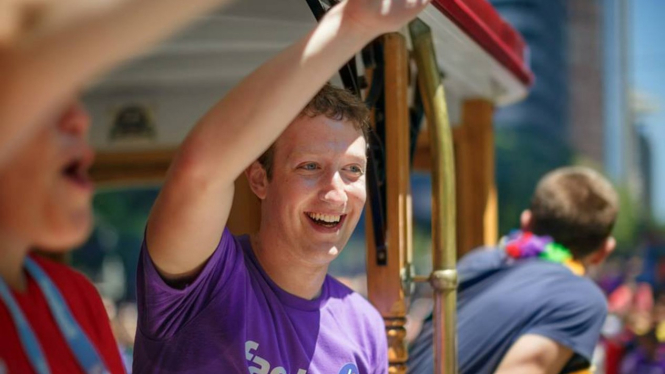- Medium
VIVA – Meta, the parent company of Facebook, WhatsApp, and Instagram, reported that it will lay off another 10,000 employees this year, after previously laid off 11,000 Facebook and Instagram employees in November 2022.
Mark Zuckerberg, Meta’s co-founder, and CEO announced the planned cuts in a memo to employees Tuesday as an “update on our Year of Efficiency.”
The 10,000 layoffs represent 11.6% of the 86,482 full-time employees Meta reported as of the end of 2022. Zuckerberg said Meta also is instituting a hiring freeze, canceling about 5,000 open job positions.
“Overall, we expect to reduce our team size by around 10,000 people and to close around 5,000 additional open roles that we haven’t yet hired,” Zuckerberg wrote in the memo.
Meta expects to announce layoffs in late April, and then the company’s business groups in late May, “In a small number of cases, it may take through the end of the year to complete these changes.” Zuckerberg said.
Facebook.
- pixabay
“I hope to make these changes as soon as possible in the year so we can get past this period of uncertainty and focus on the critical work ahead. In service of both building a leaner, more technical company and improving our business performance to enable our long-term vision.” He added.
With the latest move, Meta expects spending in 2023 to be between US$86 billion and US$92 billion, lower than its previous forecast of US$89 billion to US$95 billion.
Several tech companies, including Microsoft, Twitter, and Snapchat have cut jobs and reduced hiring in recent months as global economic growth slows on the back of higher interest rates, rising inflation, and the energy crisis in the European Union.
The disappointing outlook comes as Meta contends with slowing global economic growth, competition from TikTok, privacy changes from Apple, concerns about massive spending on the metaverse, and the ever-present threat of regulation.

























